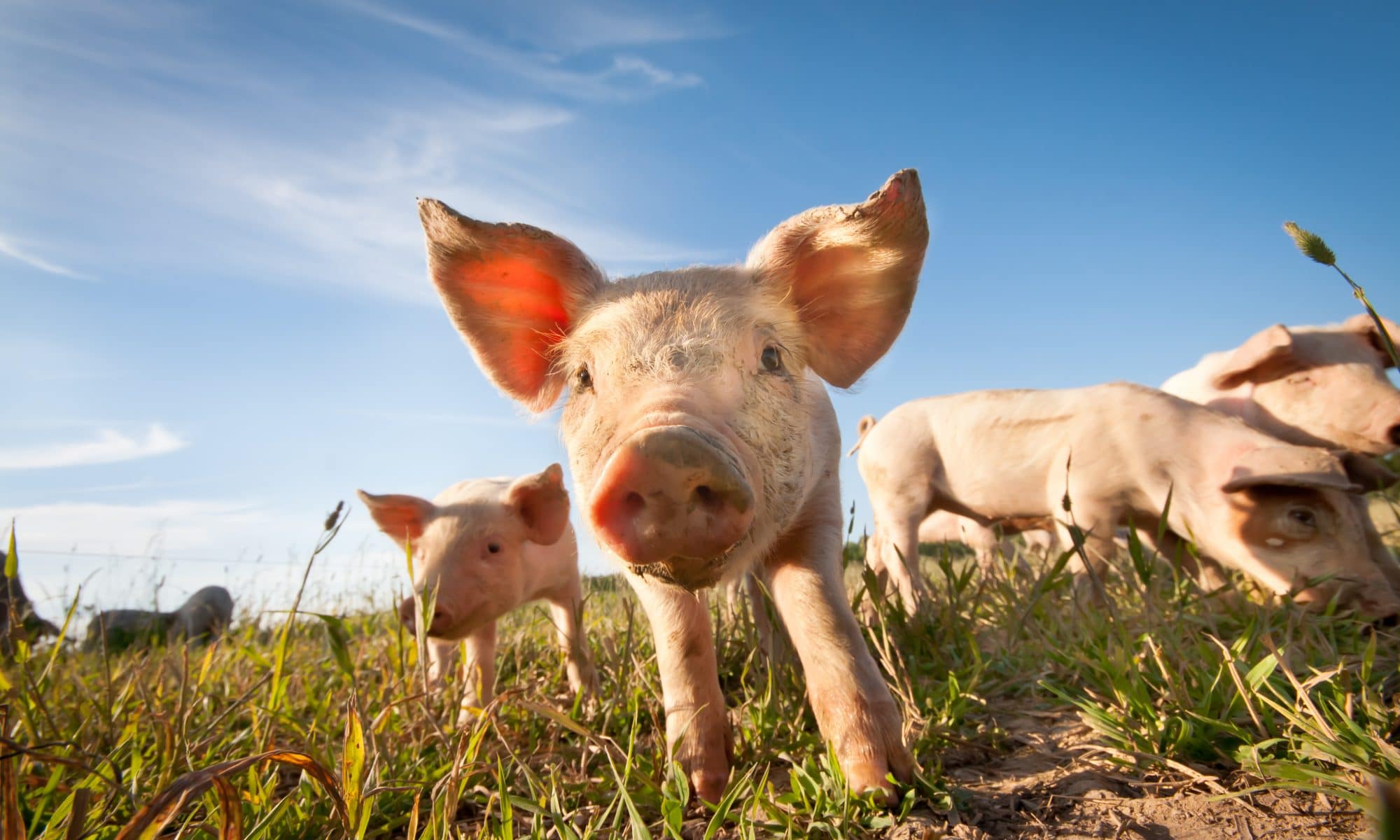More than 8,000 hogs have been culled so far, as China continues emergency inspections at pig farms and livestock markets to control the country’s first African swine fever case, announced this past Friday in the Liaoning province. The outbreak, in a major hog production area, poses a major threat to the Chinese pork industry, reports the Liaoning Daily.
“China has approximately half the pigs in the world and this is a pig-dense region of China where this was found,” James Roth, an Iowa State University professor of veterinary medicine, who has helped develop an emergency preparedness plan for the pork industry, told KUNC.
Market impacts began to show on Monday, as Bloomberg reports stocks of the top pork producers Muyuan Foodstuff Co. declined 8.7%, Guangdong Wens Foodstuffs Group Co., 6.3% and Tangrenshen Group Co., 4%. Hong Kong-based WH Group Ltd., retreated 2.1%.
Japan closed access to heat-treated pork imports from China Monday, as well as imports of sausage casings and heat-treated rice straw to use for bedding for pigs – which could be contaminated if coming from an outbreak area. Japan also tightened quarantine operations at airports and seaports, especially for travelers from Shenyang and Dalian, near where the infection was found.
Liaoning also ordered the temporary closure of all live hog markets and slaughterhouses in the Shenbei district, where the outbreak was discovered.
The provincial government has asked local authorities to launch emergency inspections at all pig farms, hog markets, slaughterhouses and harmless treatment sites in the province. They also request reports be made of any cases of pig deaths due to unknown reasons, slaughtered pigs found with splenomegaly or splenic hemorrhage and immune failure among pigs after receiving swine fever vaccines, the paper reported, citing the animal health bureau.
African swine fever is a hemorrhagic disease that is highly contagious and isn’t limited by age. It’s not a threat to humans, but mortality rates for hogs can be as high as 100% and there is not a vaccine. Containment and eradication are the only way to control the disease. If the virus enters the feral swine population, the disease could be extensive, experts warn, as the virus can survive for a long time in the environment.
